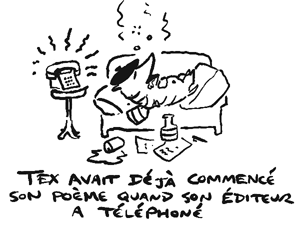

Here, the action of having had dinner refers to a specific, completed action that occurred in the past (perfect aspect), so you use the passé simple for the auxiliary (eus) to make the passé antérieur. (I had already had dinner when he invited me.)

For the same reason you’d say “il faisait chaud,” and not “il fit chaud” (or “il a fait chaud in modern French), you use the imparfait for the auxiliary (avait) to make the plus-que-parfait. Here, it was hot for a duration of time before the night fell. (It had been quite hot before night fell.) “Il avait fait très chaud avant que la nuit ne tombât.” The passé antérieur describes a completed event that occurred at a defined moment in time (perfect aspect), before another event in the past whereas the plus-que-parfait describes an event that lasted in time (imperfect aspect), before another event in the past. That said, if you understand the ordinary differences between passé simple and imparfait, the same sort of logic applies to the passé antérieur and the plus-que-parfait. Plus-que-parfait is used in modern French anywhere passé antérieur had been employed when not using passé simple, and I often see novels otherwise mostly written in passé simple failing to use the passé antérieur where appropriate and simply using plus-que-parfait instead. So it looks like this is an old thread, but I thought I’d share what I’ve found.


 0 kommentar(er)
0 kommentar(er)
